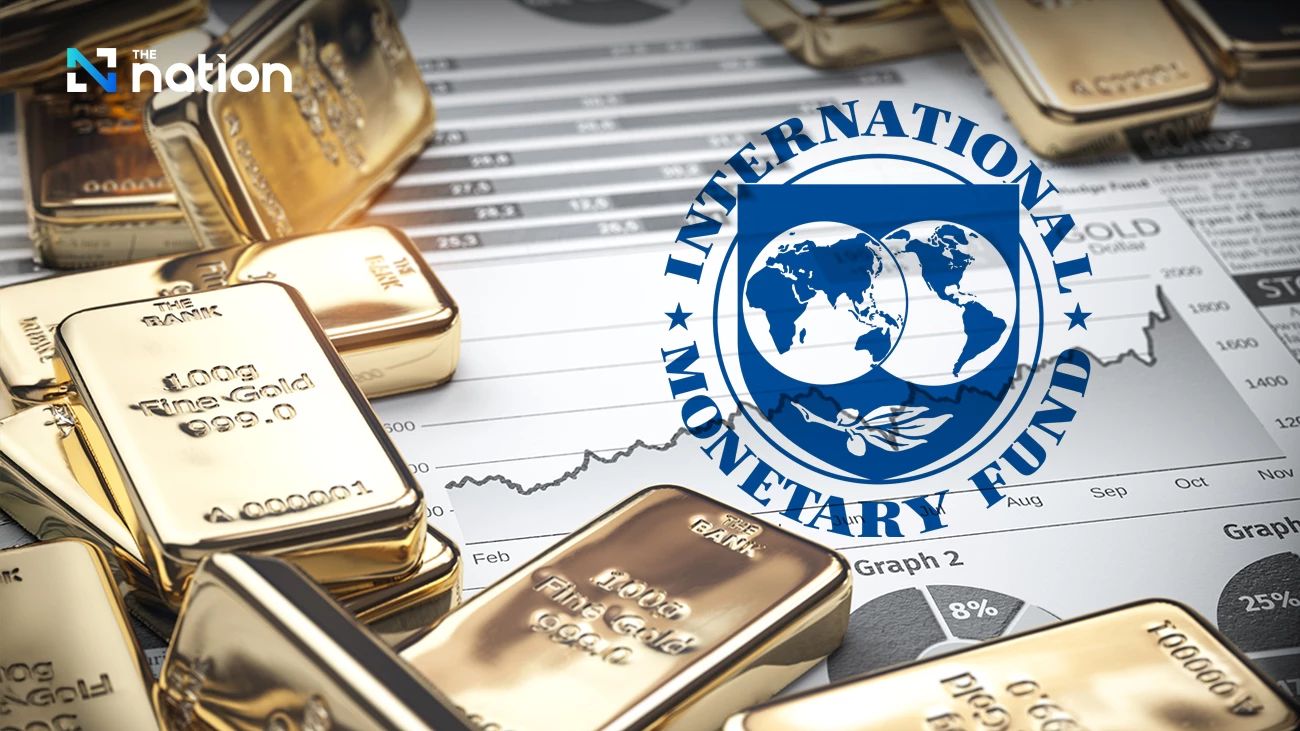Georgieva stressed that the world economy is performing “better than feared, but worse than needed,” with global growth projected at roughly 3% over the medium term, well below the pre-pandemic forecast of 3.7%. “What you should focus on is the state of the market and the risks that could lead to larger problems,” she advised.
She also raised concerns about growing inequality, discontent, and hardship worldwide, citing risks such as a potential market bubble related to artificial intelligence. The IMF chief noted that uncertainty is rising, with increasing demand for gold, traditionally seen as a haven. On Wednesday, gold hit a record high of over US$4,000 per ounce amid the US government shutdown and expectations of a Fed rate cut.
Georgieva pointed out that the US tariff shock has been less severe than initially anticipated, with trade-weighted tariffs now around 17.5%, down from 23% in April. However, she warned that US tariffs are still subject to change, and inflation could rise if companies pass on higher costs or if a surge in goods previously destined for the US leads to tariff hikes elsewhere.
Valuations in financial markets are nearing levels seen during the dot-com boom of the late 1990s, Georgieva said. She cautioned that any abrupt shift in sentiment, similar to the dot-com crash, could have a global impact, particularly on developing countries.
“Buckle up,” she said. “Uncertainty is the new normal, and it’s here to stay.”
